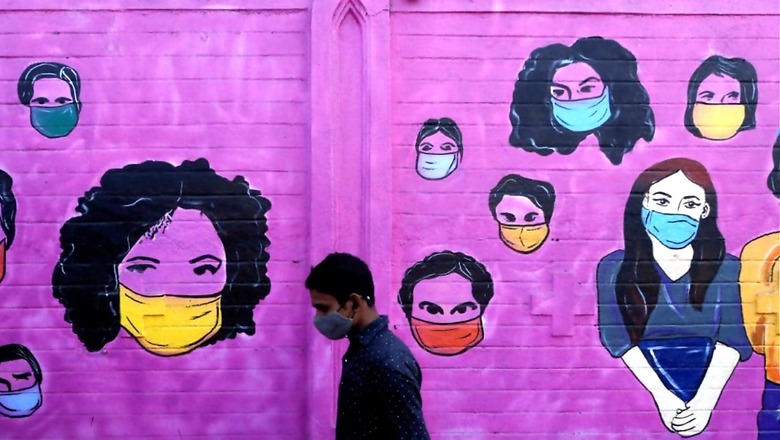
views
The Indian Council of Medical Research – India’s apex medical research body – is conducting two breakthrough studies to understand the reason behind, what it calls, “sudden deaths” of youngsters in the post-Covid world.
Dr Rajiv Bahl, director-general of ICMR, is looking into deaths in the age group 18 to 45 years. “We are looking at sudden deaths with no reasons,” he told News18 on the sidelines of the WHO Global Traditional Medicine Summit (GCTM) in Gujarat’s Gandhinagar.
“These studies will help us understand the repercussions of the outbreak of Covid-19, if any, and may help prevent other deaths,” he added.
By “sudden deaths”, the ICMR means the unexpected fatality of a person otherwise healthy without known comorbidities. The research body has, so far, studied 50 autopsies at the All India Institute of Medical Sciences (AIIMS) in New Delhi and, in the next few months, aims to cover a target of 100 more.
“We are trying to understand the reasons or differences when we compare the results of these autopsies to those in previous years or pre-Covid years,” Dr Bahl said.
The ICMR is trying to understand if there are any physiological changes inside human bodies that could have played a role in the sudden deaths among young people in the post-Covid world. Dr Bahl said the study can find associations if it notes some patterns; for instance, more deaths due to sudden heart failure or lung collapse or more.
In another study – a case control study – the ICMR is using data of sudden deaths in the last one year in the age group of 18 to 45 years. It is sourcing data from 40 centres across India, which have followed up with Covid patients for a year after their discharge. These centres have data on Covid admissions, hospital discharge and deaths.
“We are interviewing families to understand possible reasons behind the deaths,” Dr Bahl said.
The design of this study also involves finding living individuals within the neighbourhood of those who died. “The case control studies require control groups as well for comparisons. Hence, from the same neighbourhood, we are interviewing similar profiled people – those having the same gender, age and residence in the same area,” he said, adding, “it’s an important technique for finding risk factor association.”
Dr Bahl further said researchers are going from home to home. “We are interviewing these control group individuals to understand their diet, tobacco use, lifestyle, Covid history, vaccination and family’s medical history,” he said.
The idea is to understand the risk factors that led to death after contracting Covid. “It’s a technique of epidemiology and there is no other way to find out why these deaths happened. We need to find associations,” he said.
Dr Bahl added: “We need to understand that many things have changed during Covid-19. Apart from post-Covid conditions, there are numerous changes that we have introduced in our lifestyle and diet during and after Covid.”



















Comments
0 comment